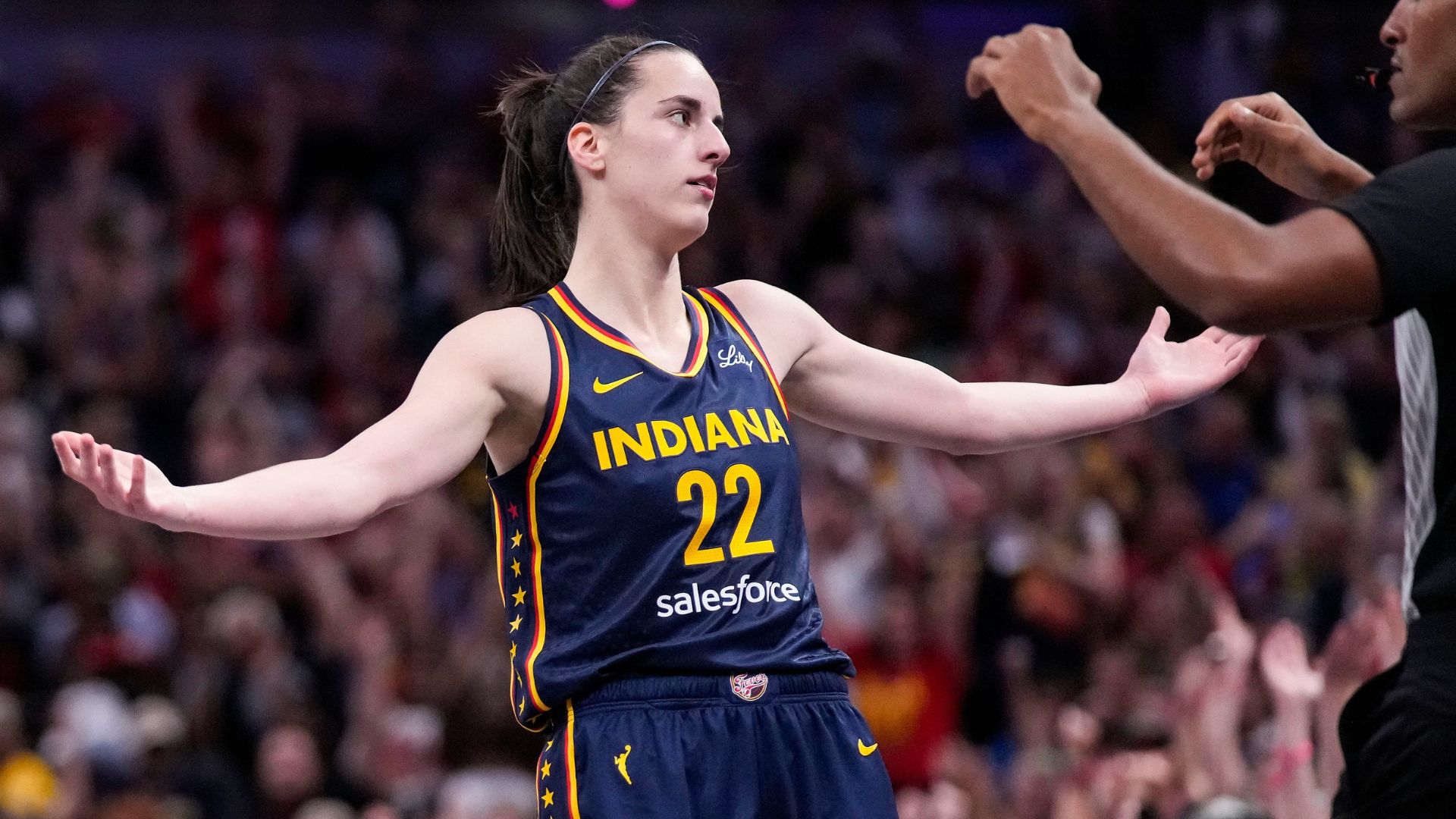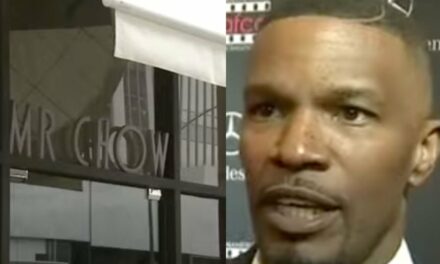We support our Publishers and Content Creators. You can view this story on their website by CLICKING HERE.

WNBA star Caitlin Clark’s recent comments about “white privilege” after being named Time magazine’s Athlete of the Year have ignited a fiery debate in the media, with heated exchanges among panelists on CNN’s NewsNight with Abby Phillip.
Clark’s remarks, in which she spoke about “sharing my truth,” drew criticism from some commentators who questioned the use of such language and the implications of her statements.
Clark’s acknowledgment of her “white privilege” followed criticism from Megyn Kelly, who referred to Clark’s comments as a form of “self-flagellation.”
Look at this. She’s on the knee all but apologizing for being white and getting attention. The self-flagellation. The “oh pls pay attention to the black players who are REALY the ones you want to celebrate.” Condescending. Fake. Transparent. Sad. https://t.co/cTzk0CTLPn
— Megyn Kelly (@megynkelly) December 10, 2024
Celebrate Trump’s Historic 2024 Victory with the Exclusive Trump 47th President Collection!
In response, Clark reiterated her perspective, stating that she was simply “sharing my truth,” a phrase that sparked additional backlash during Thursday’s CNN panel discussion.
NEW: Caitlin Clark doubles down, says she will help elevate black WNBA players because it’s “very important.”
Clark was asked about “race and gender and s*xuality in sport” and specifically about comments made by Megyn Kelly.
“I grew up a fan of this league from a very young… pic.twitter.com/95PBhRL1P8
— Collin Rugg (@CollinRugg) December 12, 2024
During the segment, conservative commentator Scott Jennings criticized Clark’s language, arguing that it detracts from meaningful discussions. “Number one, you know, whether you’re an athlete or anyone else, if I hear you use the phrase ‘my truth,’ I immediately then discount everything else you say. Because there isn’t my truth or your truth, there’s just the truth,” Jennings said.
His remarks sparked immediate pushback from panelist Cari Champion, who argued, “That’s not true.”
Jennings continued, asserting that such phrases signal a mindset he doesn’t respect: “When you start using phrases like that, it tells me that your brain has been captured by something that I don’t really respect.”
Champion suggested that Clark’s treatment and accolades are influenced by her race, stating, “She has a privilege. She has been in this league for so, what, a year? And she makes more money than the people who built this league? And she understands there’s a reason, not because she shoots the ball well.”
Panelist Bakari Sellers also inserted race into the conversation, addressing Jennings directly: “This is the problem with the conversation about race in this country that we’ve never tackled.” Sellers argued that the idea of “white supremacy” is rooted in perceiving equality as oppression. “I’m not saying anybody at the table is a white supremacist, but what I am trying to do is at least educate you on what the truth is,” Sellers added.
The discussion grew more intense as Jennings questioned the narrative of who built the WNBA.
He emphasized that the league owes its survival not only to its players but also to the investors who continue to fund it despite substantial financial losses. “You know the league still lost like $40 million this year,” Jennings pointed out.
The conversation continued Friday morning when Washington Mystics co-owner Sheila Johnson criticized Time for singling out Clark. “When you just keep singling out one player, it creates hard feelings,” Johnson said during a CNN appearance.
She argued that Clark’s recognition overshadowed the accomplishments of the entire league.
Despite Johnson’s concerns, CNN highlighted the WNBA’s record viewership and attendance numbers during its 2024 season.
Jennings, however, reiterated his earlier point that Clark’s accolades come with increased scrutiny and divisive rhetoric. “No matter how much of the phrasing, no matter how much of the groveling you do, it will never be enough for the people in that league that hate her guts,” he said.
Caitlin Clark is the best thing to happen to the WNBA, and it’s sad that her co-workers hate her for it. She’ll learn a tough lesson – no matter how much you say “my truth” and apologize for your “white privilege,” it will never be enough for the woke mob. We debate on @cnn! pic.twitter.com/qCbJ5Qx6p1
— Scott Jennings (@ScottJenningsKY) December 13, 2024
As the debate surrounding Caitlin Clark and the WNBA continues, it highlights broader cultural and racial tensions within sports and society.
Clark’s success, coupled with her comments, has made her a focal point in discussions about privilege, race, and recognition in professional athletics.
For now, the controversy shows no signs of slowing down, with voices on all sides weighing in on the implications of her remarks and the league’s future.

 Conservative
Conservative  Search
Search Trending
Trending Current News
Current News 





